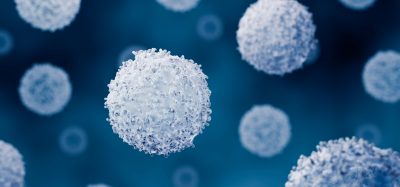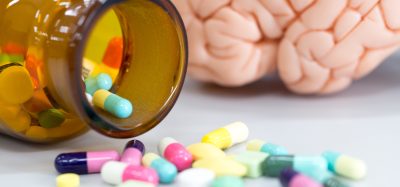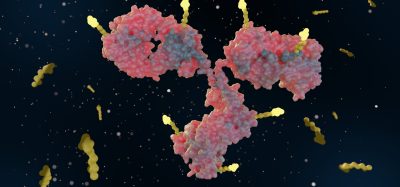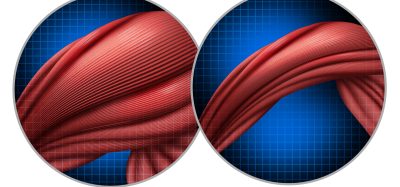The advantages of gamma-delta T-cell therapy
Posted: 19 January 2023 | Dr Michael Leek (TC BioPharm) | No comments yet
Here, Dr Michael Leek describes the benefits of gamma-delta T cells for cancer therapy, exploring why they present a potential alternative to other immuno-oncology platforms.
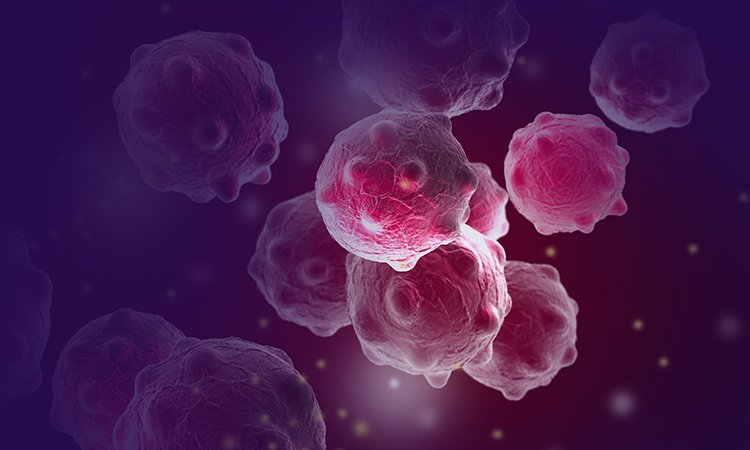

Numerous experimental studies have demonstrated the anticancer potential of gamma-delta T lymphocytes. Indeed, gamma‑delta T cells can recognise several specific tumour‑associated molecules including non-peptidic antigens (such as isopentenyl pyrophosphate – IPP) and immune surveillance stress signals (such as HSP60/70, MICA, MICB and ULBP) present on the surface of transformed cells. The gamma-delta T cell overexpresses IL-2 receptors and this cytokine is necessary to activate them. On recognising a tumour cell, gamma‑delta T cells exert their anticancer properties via release of both perforin and granzyme, a serine protease which enters the target cell to trigger cell death (apoptosis). Our research efforts are focused entirely on targeting tumours in ways that may result in an improved therapeutic index and that have potential applications in solid tumours as well as haematological malignancies.
What does TC BioPharm’s pipeline look like?
Having generated encouraging Phase I/II data in late-stage acute myeloid leukaemia (AML) patients, we have embarked on a Phase II/III study in earlier-stage AML patients who have not responded well to first-line treatment. While our current focus is treatment of liquid cancers with unmodified gamma-delta T therapies, the solid tumour pipeline will evaluate the use of allogeneic/unmodified gamma-delta T cell’s in combination with other anticancer drugs or allogeneic/modified gamma-delta T CAR T-cell therapies.
Why might cell therapies other than CAR T cells provide an effective alternative to cancer patients?
The combination of the co-stimulatory CAR, with gamma-delta T cells, provides TC BioPharm with a proprietary platform that may address drawbacks with existing alpha-beta T cell CAR-T products in the following ways:
- using the natural T-cell signalling of the gamma-delta T cell should result in less risk of hyperactivation and tonic signalling with an overall reduction in the risk of cytokine release syndrome and less exhaustion of the cells
- the requirement on cell activation remains on the endogenous gamma-delta T cell TCR signal, which detects stress signals associated with cancerous cells, so healthy cells are not targeted for destruction even if the target antigen is expressed and the CAR binds, thus off-tumour toxicity is avoided
- the tolerance of “off tumour” antigen binding without associated toxicity allows for a complete change in the current target identification paradigm. Instead of identifying targets that are exclusively expressed on tumour cells, we believe our co-stimulatory CAR T-cell approach confers an advantage to select targets that can be highly expressed on tumours and at low levels on healthy tissue. We select targets (such as B7-H3 and 5T4) based on their relative therapeutic index increase in expression, homogeneity in tumours and the antigen density. This allows us to target significantly more tumour associated antigens and to significantly expand the therapeutic index into higher doses or repeat administration.
- Gamma-delta T cells have multiple roles in humans, possessing both innate and adaptive functions. One role is a sentinel surveillance cell and they are biologically primed to travel through tissue searching for sites of cellular stress. This ability to penetrate tissue makes them advantageous agents for treating solid tumours. We can add additional function to the gamma-delta T cells by using one or more co-stimulatory CAR T-cell constructs to add targeting to appropriate antigen(s) and to provide armour or strategies to overcome environmental and immune suppression in the tumour microenvironment. Therefore, we believe that the platform offers a promising approach to target the full spectrum of cancer diseases.
What are some of the main benefits of gamma-delta T-cells?
Commercially available cell therapies typically are either autologous or allogeneic. Autologous products are taken from one donor and used to treat that same donor, while allogeneic products are usually taken from a single donor and used as the starting material to treat a large number of different patients. Gamma-delta T lymphocytes are known to exert their biological effect in a non-major histocompatibility complex (MHC) restricted manner. This means the potential for graft-versus-host mediated rejection is significantly reduced if allogeneic cells are used as a treatment compared with many other immune cell therapies. As many patients with cancer or severe viral infections are immunosuppressed, potential for host-mediated rejection of allogeneic gamma-delta T cells is reduced. Such allogeneic therapies also have the advantage of being more ‘pharmaceuticalised’, as off-the-shelf products are more reproducible and (due to the large number of patients that can be treated from a single donor) have a reduced cost of goods when compared to autologous therapy.


Related topics
Cell Therapy, Immuno-oncology, Immunotherapy, Oncology
Related conditions
acute myeloid leukaemia (AML), Cancer



